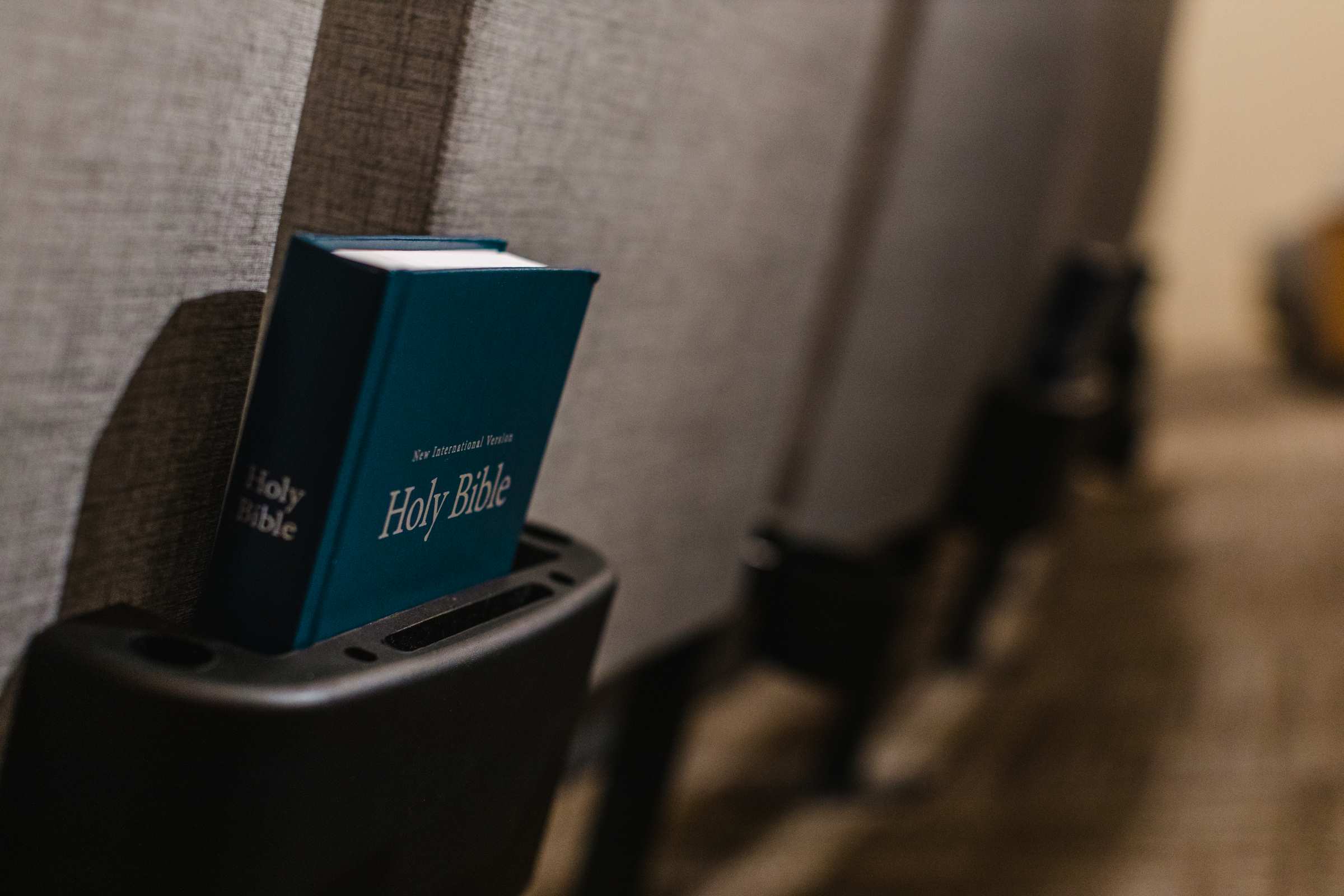June 24, 2021
Answer the Call: A Story of Two Sauls
Written By Grace Theological Seminary
Tagged With Ministry Dr. John Teevan

Can a Leader Share His ‘Glory’?
At Grace Theological Seminary, we’re focused on training and equipping leaders who will go out and answer the call to “go and make disciples” (Matthew 29:19). No matter which program a student enters, and despite which delivery method they choose, the end goal is developing leaders.
This process involves more than simply book knowledge, even more than insight on the book! What the world requires of those serving in ministry leadership will necessitate strong character. Allow me to illustrate with a comparison of two men, both named Saul.
Saul of Gibeah
Saul of Gibeah was recognized as king because he was so much taller, charismatic, and exactly what the people wanted in a king to be “like the nations.” His charismatic leadership style worked. People loved him, and when he blew the horn, men gathered for war. He was mighty in battle, a victorious hero. But he over-relied on his charisma rather than relying fully on the Lord. The prophet Samuel’s intended confrontation with the king was missed as Saul was out building the ‘Arc de Saul’. Samuel wept over Saul’s disobedience.
The face-off with the Philistine Goliath ended Saul’s leadership. Saul was the strong, tall hero, but he would not answer the call against the taller and stronger Goliath. Every soldier must have quietly wondered why King Saul refused to go out against Goliath. Then along came David who did not see a high-risk problem to be solved, but a highly arrogant man who defied the living God. David stoned Goliath in the strength of the Lord. A great victory, until the women started singing of David’s tens of thousands slain.
King Saul, like many charismatic leaders, simply could not share his glory with another. And so, he tried to kill David first with the spear and then with the challenge of killing 100 Philistines. When Jonathan made a brilliant and bold move against the Philistines at the gorge at Michmash, Saul’s charisma failed him; to be the hero he gave the foolish order about not eating that day so that the story could be about him. The soldiers had to rescue Jonathan from execution at Saul’s hand. Game over
Saul of Tarsus
Saul of Tarsus did not rely on charisma; he was a qualified leader. He had studied and had earned his degrees. He knew the ropes, he had advanced in the system, and he was a top player. He knew where to apply his energy: persecute the new church. He relied on his qualifications and position rather than on the Lord. He knew that Jesus was a threat to the Pharisees’ leadership, and he knew that he wanted to move up to be a top Pharisee.
Saul, like many driven, capable and organized leaders, simply could not work in a situation where he would rely on Jesus instead of on himself. No one disputed his zeal for God, but he pursued that zeal wrongly. In fact, his ministry was counterproductive. Remember Nicodemus? He might have wondered why God chose Saul instead of him as the new apostle. Nicodemus had recognized and helped honor Jesus.
Saul of Tarsus got more than a new name in order to become an effective leader; God transformed him entirely. He had been driven by laws and pedigrees. But when he decided to answer the call, he repented and became solidly driven by God’s grace. Many have desired to be like Paul, to go and make disciples, but have not realized his terrible suffering as an apostle along with his regret of having persecuted Jesus before he was knocked down on the way to Damascus. Unlike King Saul, the Apostle Paul led well.
There are charismatic highly trained Christian leaders. Both have a pathway to accomplishment and success that makes them appear godly. And they can be godly if they can overcome charisma or their pedigree-driven zeal. The self-deceived, as we have seen with many notable leaders in the past few decades, are eventually struck down.
On bad days it seems that God prefers the King Sauls but those are the days of our own self-pity. Some of us may be charismatic or natural leaders, others may be hard-working and organized leaders. Both can create an effective ministry but neither, if we follow the examples of the two Sauls, seem to need Jesus. We easily imagine ourselves to be self-sufficient.
The charismatic King Saul could not tolerate a full partner; the qualified Saul of the New Testament could not imagine needing a partner even if it was God. Both types, whichever we may be, can be helped by a very different attitude of yielding to the leadership of Jesus. Then we will be even more effective as we lead in ministry…much like Paul.
Answer the Call & Reflect His Glory
Are you interested in learning how Grace will equip you with the necessary tools, while reminding you to stay focused on the Lordship of Jesus?
Apply now and begin to answer the call of God in your life — to be a servant leader who reflects His glory and not your own.
John Teevan
John Teevan is the Adjunct Professor in the Seminary and SOMS. He has taught a variety of courses since 2000. He comes from two long pastorates and twelve years working for Grace College in the Indiana State Prison system as an educator/director. He also served in the four cities where Grace worked to open commuter sites. These diverse experiences along with community involvement have sensitized him to social side of ministering to people in a variety of situations. A five-year engagement with the Acton Institute led to the publication of his book on Social Justice.
Share
Tagged With Ministry Dr. John Teevan



